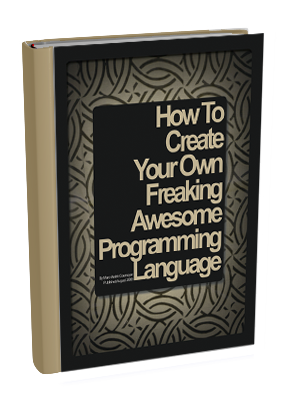Tried-and-tested LinkedIn creator strategies from the Buffer team after several months of being active on the platform.
Before I started my business three years ago, I never would have called myself an activist. I thought activists were the people on the front lines of protests, the people holding up signs at local government meetings, the people pushing you to call your senator about important issues.
And then I started a bookstore with a mission of celebrating women, especially Black women. Almost immediately, I started getting invited into other spaces discussing women’s rights.
I realized that centering marginalized voices through books was great, but if there were other needs in those communities, I wanted to try and help meet them. Simply by existing as a Black, female business owner, I was practicing activism as is explained so well in Ebonyjanice Moore’s book All the Black Girls Are Activists.
Circulating flyers or posting on social media suddenly didn’t feel like enough for me. I knew I wanted to do more for the causes that mattered to me. Being part of the solution and contributing toward actual change would be good for me, good for my communities, and likely good for business.
But, as a solopreneur, I didn’t have a lot of extra time or money on my hands. So I had to look for ways to get creative, building activism into the daily operations of my business instead of it feeling like another item on my to-do list.
For other busy business owners looking for creative ways to have real impact, here are some of the approaches that have worked for me.
Select organizations that align with your mission
When it comes to choosing causes and communities to champion, authenticity is the name of the game.
Now, that doesn’t mean pushing all of your personal beliefs via your business channels (we’ve likely all seen how quickly that can backfire).
Instead, consider the service or products you provide and what sort of issues align with that larger mission. Many of the organizations I partner with are either run by women of color or support Black women in the community — so they’re a natural fit. I also do a lot to champion women’s rights, which supports our general mission to uplift women.
Aligning your causes with your business will make it easier to build these activities into your day to day and ensure promoting them doesn’t feel out of sync to your customers.
Focus on what your business can uniquely offer
So many business owners think that supporting causes means donating money and that if they don’t have cash to spare, they can’t make an impact. I remember being shocked by how many requests for donations I got in my first month of business alone. I hadn’t made any money yet — how could I possibly give it away?!
It felt disempowering until I started to consider the other assets my business had that could be helpful to organizations.
Books were an obvious answer — I was surrounded by them, and nonprofits are often looking for valuable resources for their communities. When I was considering how to support a local women’s rights rally, I realized that handing out educational books at the event would be right up our alley.
I ran a book drive, encouraging customers to purchase extra books, and was able to distribute over 100 books to the protestors that day.
Similarly, a local organization that supports children who have experienced abuse has a lending library and set up a wishlist at our store so customers can buy books for them directly.
Space is another asset that many local organizations need, so if the groups I partner with need a place to hold a meeting or event, I try to offer up the shop when I can.
Business owners are savvy and often have access to resources or knowledge that could greatly benefit local nonprofits or communities. Whether it’s social media know-how, surplus supplies, or anything in between, get creative and I think you’ll be surprised to find what you’re able to give.
Empower your customers to lend support
My customers are another resource I have access to every day. So, rather than doing all the activism work myself, I like to look for ways to empower my customers to get involved.
As I mentioned above, one way I do this is to ask them to buy books for our drives or contribute other items that our partners need. (For example, we’ve collected personal care items for a local transitional house for previously incarcerated women.)
One of my favorite ways to connect customers to local charities is our “Shop for a Cause” events. At these mixer-style events, we serve refreshments, display books related to a specific cause, and invite a representative from the organization to speak about what they do and ways our community can support them. At the end of the night, I donate at least 30 percent of the proceeds from the event to that group.
This approach has been beneficial for several reasons. It’s good for business, as it draws people into the store who may not have known about it.
It gives me an easy framework to partner with charities when they ask me for donations, and it allows me to give them some cash without pulling from my budget (since the donations are solely based on the extra sales we achieve during the event).
And, perhaps most powerfully, these events are low-pressure for me. They allow me to not only champion the causes I care about but also build connections that allow the community around me to offer support.
Ultimately, I think that’s what activism as a business owner should be about. You are part of a larger community, whether that’s the city you operate in or the customers you serve.
How can you use your platform and your resources to bring them together and raise them up so you can all work together to make the world a better place?
Recommended Story For You :
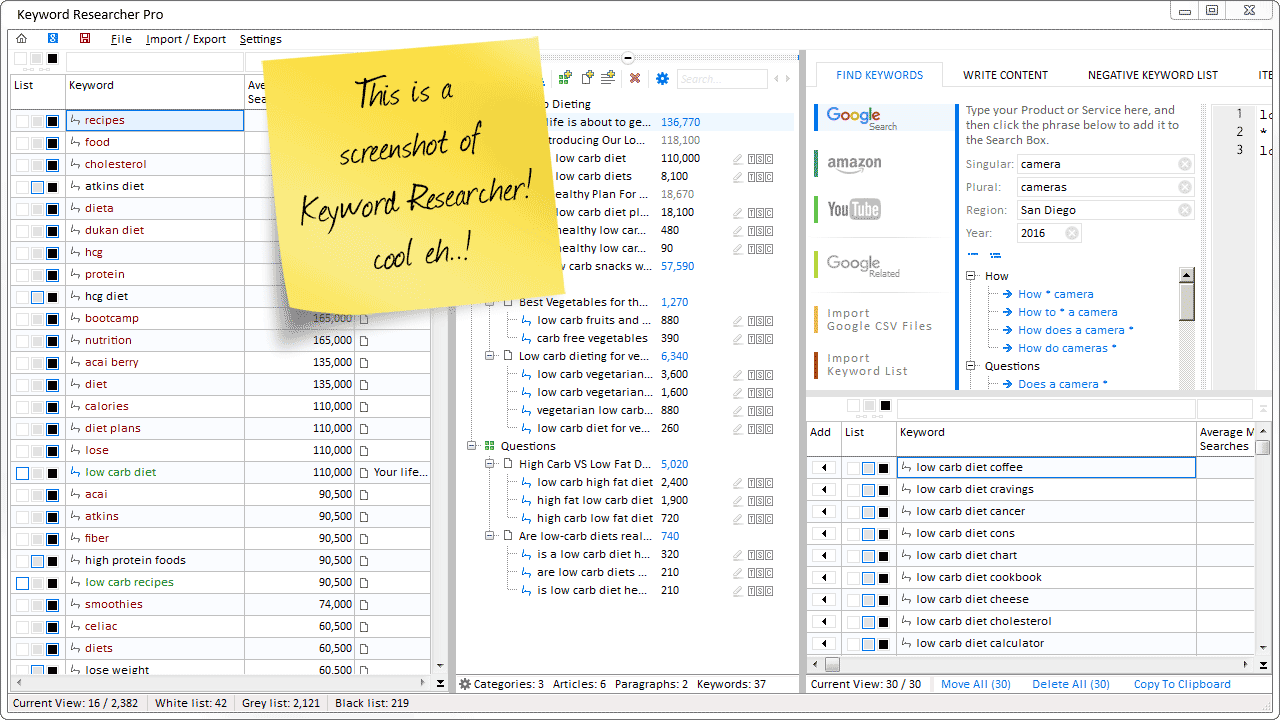
Organize Keywords and Import CSV Files from the Google Keyword Planner
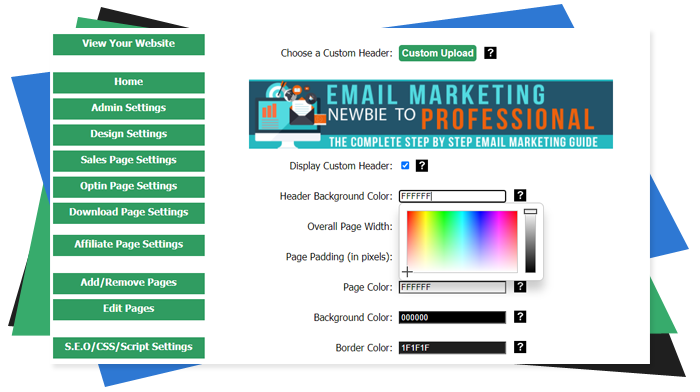
The Most Affordable And Easiest User Friendly Page Builder You Will Ever Use!

Instant WordPress Theme That Matches Your Website
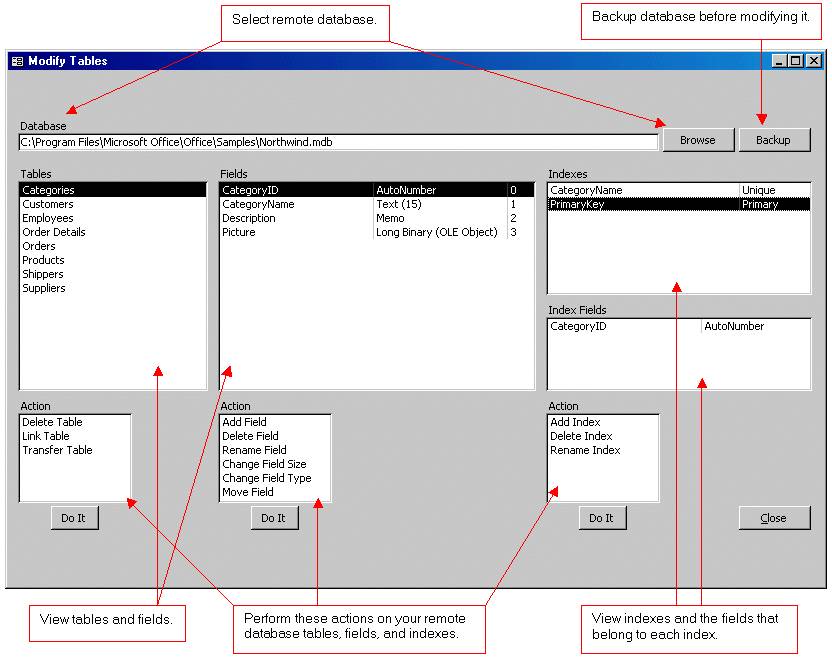
Wizard to Manage Remote Backend MS Access Database Tables Fields and Indexes

If you had an aisle-by-aisle grocery list wouldn't you spend less money on impulse items?
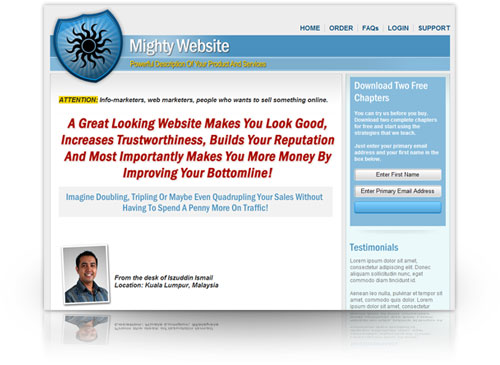
everything you need to create a professional corporate look mini-site is there.

Unlock Your Networking Potential with GNS3Vault
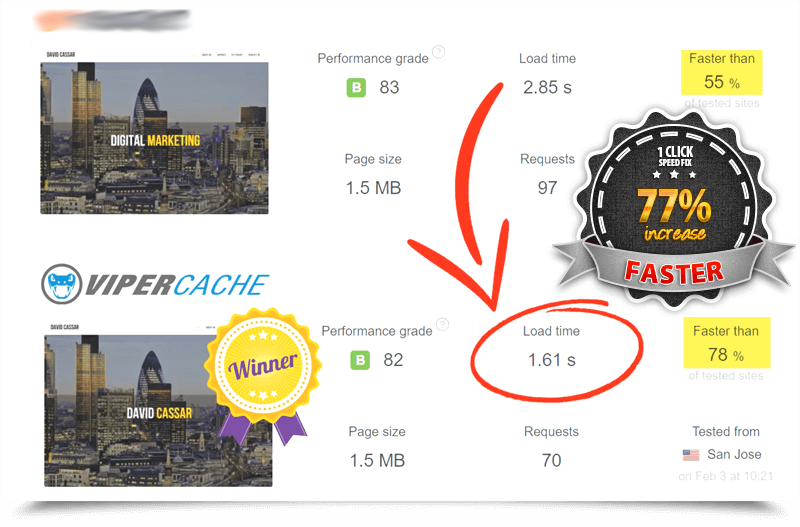
Viper Cache Was 77% Faster Than The Competetion

Understanding Stock Market Shorting eBook
